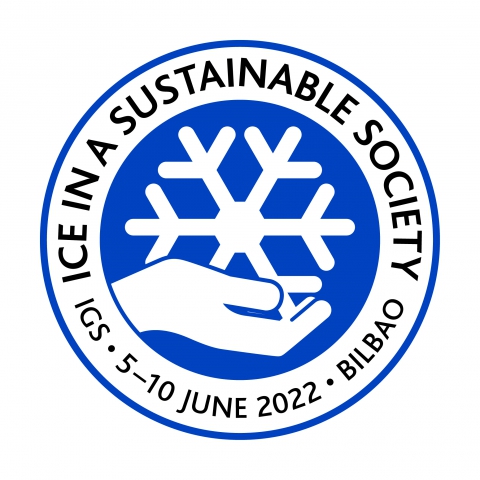The Observing, Modeling, and Understanding the Circulation of the Arctic Ocean and Sub-Arctic Seas Workshop will take place 27-30 June 2022 in Seattle, Washington.
In recent decades we have seen major changes in Arctic Ocean circulation, salinity, and temperature and associated declines in sea ice coverage and thickness. There is evidence of connections of these changes with climate indices, and the changes arguably affect climate by altering the radiative heat balance at high latitudes, impacting the strength of the global overturning circulation, and influencing the interaction between the ocean and Greenland ice sheet. There are also indications that Arctic sea ice and atmospheric circulation can play an important role in extended range predictability of extreme weather events in mid-latitudes. In spite of its importance, Arctic Ocean observations are limited. Several major in situ observing programs that existed in the 2000s have ended, and today sustained oceanographic observations outside the Canada Basin have almost ceased to exist. This workshop will aim to assess our understanding of the Arctic Ocean circulation and discuss observing system requirements needed to confirm and extend that understanding.
More specifically, the workshop will explore changes in Arctic Ocean and sub-Arctic seas circulation related to global change and the observing system required to track those changes in the future. The observing system design effort will be cognizant of the practical, geopolitical, and operational constraints of Arctic Ocean observing, but will incorporate modern objective experimental design and data assimilation using numerical models as fundamental guiding principles. Its work will contribute to evaluations of model simulations and observational analyses to assess opportunities for model improvements.
The US CLIVAR Observing, Modeling, and Understanding the Circulation of the Arctic Ocean and Sub-Arctic Seas Workshop will include presentations addressing:
A. The state of knowledge of Arctic Ocean and sub-Arctic seas circulation with an eye toward identifying critical gaps in observations of modes of variability
B. The observing system needs and data assimilation approach to track those modes of variability
C. The practical, institutional, technical, and geopolitical challenges of increasing the coverage of Arctic Ocean observations that are required by A) and B)
Important Dates
Organizers are currently accepting abstracts for talks and posters. Abstract submission is through the registration platform and abstracts have a 250-word limit.
Registration is on a first come, first-served basis until capacity is reached. The organizing committee anticipates 100-120 participants at the workshop. Abstracts are not a requirement for participation.
- Abstract submission deadline: 1 June 2022
- In-person registration deadline: 13 June 2022
- Virtual registration deadline: 26 June 2022

